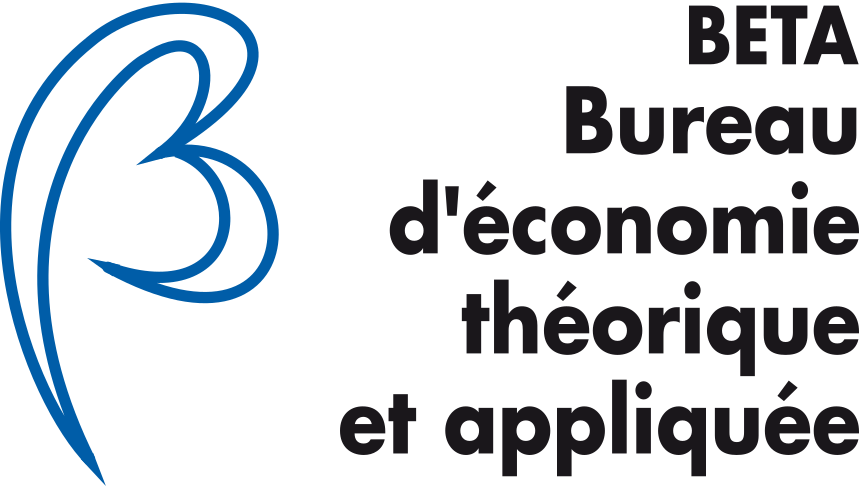A look back at the conference:
Presentation of the Conference
The third edition of the international conference “Action versus Inaction Facing Climate Change” (AICC) will be held on June 4–5, 2025 in Lausanne, Switzerland.
Organized by the TRANSP-OR laboratory at the École Polytechnique Fédérale de Lausanne (EPFL), the BETA laboratory at the University of Strasbourg, and the THEMA laboratory at CY Cergy Paris University, AICC invites scholars and engaged citizens concerned with climate change to present their research, share perspectives, and participate in fruitful discussions. This interdisciplinary event aims to bring together diverse viewpoints on climate disruption across various fields and to foster debates leading to actionable solutions. Consequently, the organizers welcome participation from researchers at every career stage—from junior to senior, including master’s students, doctoral candidates, and postdoctoral fellows—as well as from professionals across all sectors (private corporations, public administrations, and non-governmental organizations).





General Themes Addressed:
Climate Mitigation and Transition to Clean Energy
Focus on strategies for reducing greenhouse gas emissions (carbon footprint reduction, carbon sequestration) and on technological and policy innovations that facilitate the shift toward renewable energy sources.Climate Adaptation and Community Resilience
Exploration of approaches that help social, economic, and ecological systems adjust to the impacts of climate change. This theme includes innovative adaptation strategies, the development of smart infrastructure, and measures to strengthen community resilience against extreme weather events.Climate Policy, Governance, and Economic Instruments
Evaluation of regulatory frameworks, market mechanisms, and policy innovations supporting climate action. Topics include climate economics, justice and equity issues, international agreements, green finance, corporate social responsibility, and environmental legislation.Social, Behavioral, and Digital Dimensions of Climate Action
Analysis of the social and psychological determinants of climate-oriented behavior change, environmental education, and the role of digital transformation—including data analytics, the Internet of Things, and artificial intelligence—in reinforcing climate governance and fostering collective action.Sustainable Development and Resource Management
Presentation of models aimed at efficient resource usage and environmental conservation. Topics include biodiversity protection, circular economy practices, sustainable agriculture, the development of low-carbon transportation, and sustainable management of water and marine resources.
Keynote Speakers Presentation

Stef Proost :
Stef Proost is an Emeritus Professor at KU Leuven, specializing in environmental, energy, and transport economics. He has contributed to the development of several economic models widely employed in European policy analysis and has served as an expert for various European and international institutions.

Jean-Baptiste Fressoz :
Jean-Baptiste Fressoz is a historian of science and the environment at the CNRS and the EHESS, specializing in the history of energy and resource exploitation. His work provides a critical re-evaluation of conventional narratives regarding energy transitions, technology, and environmental risks.
Julia Steinberger :
Julia Steinberger is a Professor of Ecological Economics at the University of Lausanne, examining the relationship between resource use and societal well-being. She serves as a Lead Author for the IPCC’s Sixth Assessment Report and, since 2023, has co-directed the EU-funded project “REAL – A Post-Growth Deal.”

Loïc Berger :
Loïc Berger is a CNRS researcher at Lille Economics and Management (LEM) and Director of iRisk, a research center dedicated to risk and uncertainty. His work focuses on decision-making under uncertainty, particularly in the context of climate economics.

